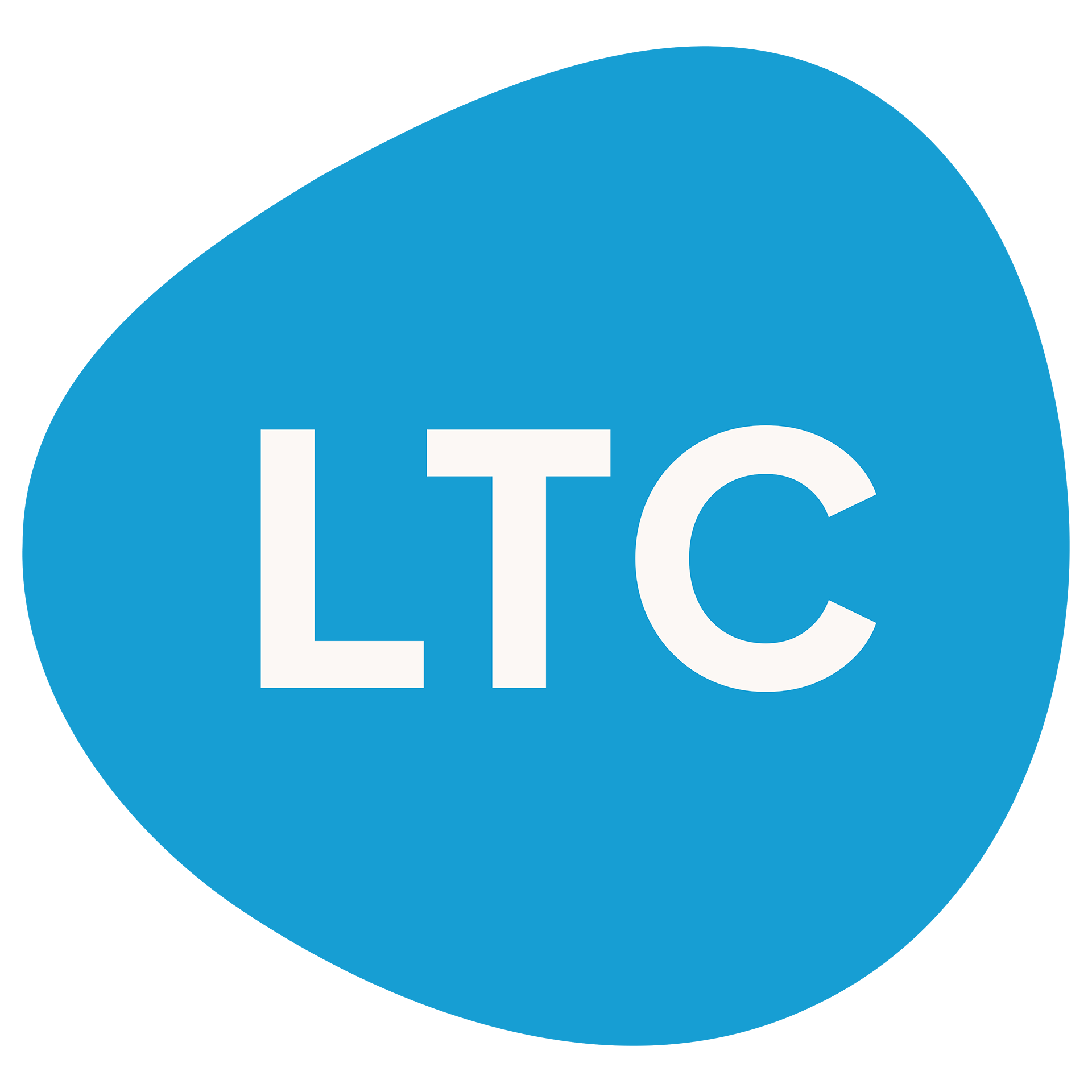Legal Reference Guide & Database
Insights into Laws Impacting Technology in Schools
To plan with confidence, K-12 leaders need to know how current state and federal laws impact their use of technology in schools – both in the classroom and beyond.
Updated annually, this free guide provides an introduction to the statutes, regulations, and rules that may apply to the use of technology in primary and secondary school districts in Illinois.
Updated: August 16, 2024
Legal Reference Database
Contracts for charter bus services
Criminal history records checks of the Statewide Sex Offender Database and Statewide Murderer and Violent Offender Against Youth Database
Generative AI and Natural Language Processing Task Force
20 ILCS 1370/1-80 as added by House Bill 3563
Artificial Intelligence Video Interview Act
820 ILCS 42/1 et seq.
Illinois Century Network
220 ILCS 80/20 as amended by Senate Bill 0851.
220 ILCS 80/30 as added by Senate Bill 0851.
Removal for Cause; Notice and Hearing; Suspension
Remote and Blended Remote Learning
Local School Councils
Open Meetings Act
Culturally Responsive Teaching and Leading Standards
Computer Science
Required High School Courses
History of the United States
Patriotism and Principles of Representative Government
Media Literacy
Computer Literacy Skills
State, School District, and School Report Cards
Computer Science Standards and Courses
Safety Drill Act
Disclaimer: Nothing contained in this resource is intended to be construed as legal advice, nor is it intended to be a comprehensive reference of every statute, regulation, or rule that may relate to technology within school districts. Any issues pertaining to school districts should be thoroughly researched and discussed with legal counsel.

